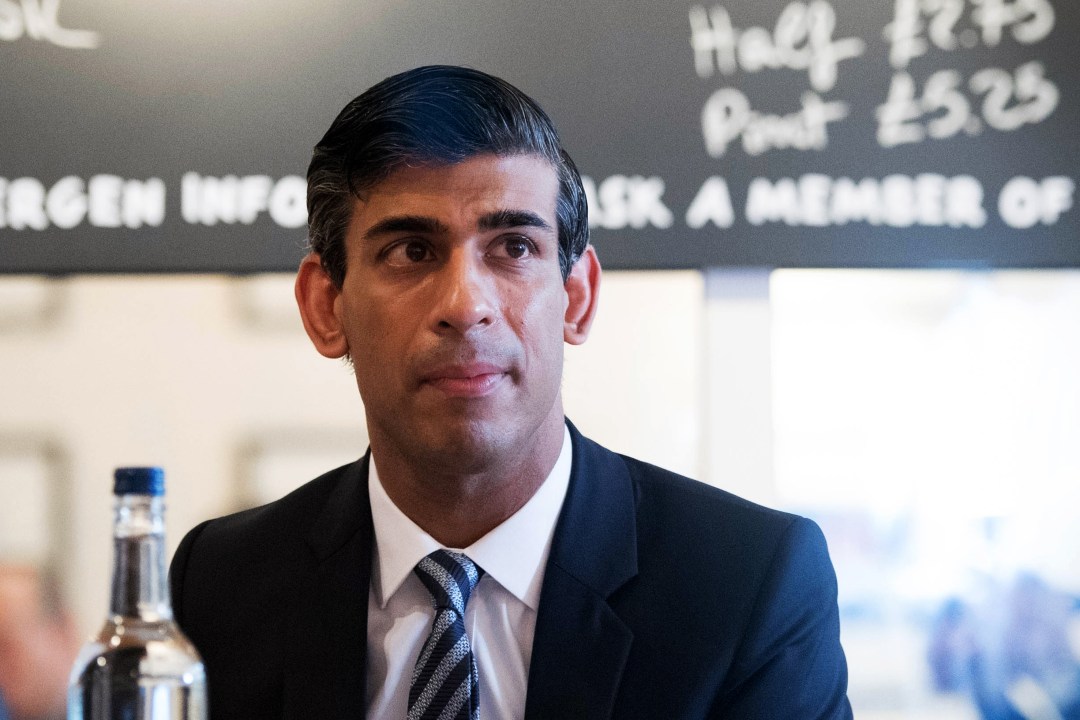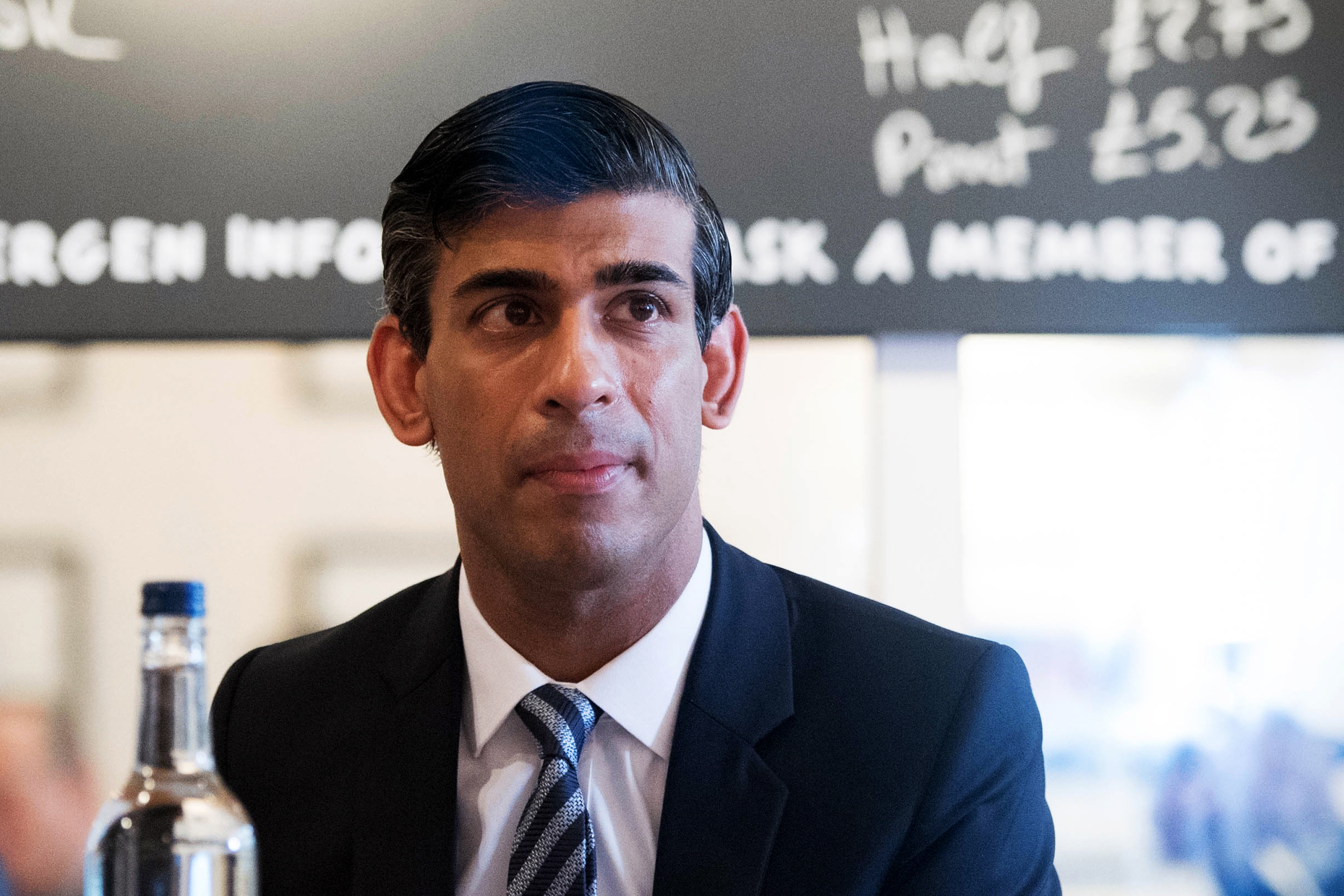It’s been no secret that Covid-19 has sent the UK’s finances into disarray — but today we received a further insight into just how bad the books are looking.
Alongside Rishi Sunak’s Spending Review came updated forecasts and scenarios published by the Office for Budget Responsibility, which confirm the UK economy is set to shrink by 11.3 per cent this year — the largest economic fall in 300 years.
The road to recovery is forecast to be a long one: economic output is not expected to return to pre-Covid levels for another two years: Q4 in 2022. There is still no sign of a sharp, V-shaped recovery, but rather another dip in 2020, before lacklustre rises in 2021. The lagging recovery has downgraded the predicted size of the UK economy in 2025, now estimated to be 3 per cent smaller than the March Budget predicted.
In short, these figures add up to a less wealthy and prosperous UK in the medium term, which is going to face painful financial decisions in the next few years. The Chancellor scratched the surface of these trade-offs today, announcing a reduction of the UK’s foreign aid contribution from 0.7 per cent of GDP to 0.5 per cent in 2021. This reduction of £4 billion pounds still makes the UK the second largest aid contributor in the G7. But it’s the first major cut to public spending in response to the pandemic — and it breaks a Tory party manifesto commitment.
The Chancellor also confirmed that public sector wages will be frozen, with two major caveats: over one million NHS workers — including doctors, nurses and staff — will get a pay raise, while public sector employees earning less than the median wage will be guaranteed a raise of up to £250. The Chancellor cited the inequalities between public and private sector job security when making his announcement, noting that the latter was far more vulnerable to redundancies.
The return to cuts and freezes will be difficult for the party, as Boris Johnson has repeatedly rejected the policies of austerity since he entered Downing Street. But the spending announcements that came alongside these updates suggest that the Chancellor is saving the really difficult decisions for the years to come.
OBR now estimates the Treasury will borrow £394 billion this year, up from its August forecast of £372 billion. This amounts to 19 per cent of GDP — a record amount of public borrowing during peacetime. Another £55bn has been pledged to Covid spending next year, in addition to the nearly £300bn spent already on the virus alone. Meanwhile, day-to-day spending is set to increase at its fastest rate in 15 years: departmental spending will rise by £14.8 billion in cash terms, including £6.6 billion for the core health budget and £2.2 billion for schools. A £4bn ‘levelling up’ fund has been created to finance more infrastructure projects.
The main problem isn’t this year’s record spending but the dawning realisation that this isn’t a one-off spending spree as originally predicted. Government spending is set to exceed its revenue by over £100 billion for years to come — all the way up to the end of the OBR’s forecast in 2025.
With interest rates at an ultra-low level, it is much easier for the government to finance its deficit spending. But the circumstances are fragile. As Robert Peston notes, a move to 1 per cent interest rates would cost tens of billions of pounds each year. Meanwhile debt is hovering in uncomfortable territory, set to account for 97.5 per cent GDP in 2025-26 – one of the reasons why the Chancellor insisted that, once the virus is under control, it will be imperative that he gets UK finances back on track.
Many of the hard choices have been left for another day. But today’s economic update would suggest that far more will need to be done in coming years to get spending under control. As the Chancellor noted, ‘the economic emergency has only just begun’. The economic reality this government will be forced to reckon with in the future may spark a political emergency too.








Comments